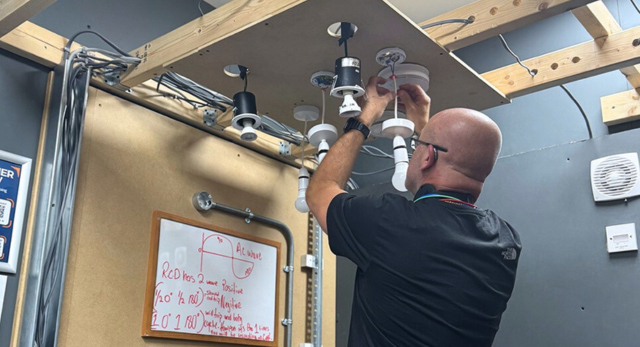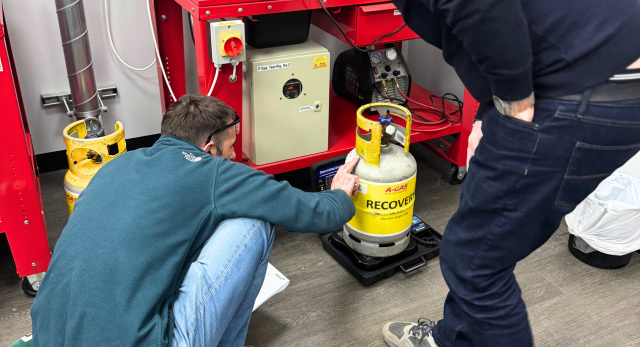Decarbonising the heating industry is high on the national and global agenda, but where does this leave the estimated four million off-grid homes, the majority of which rely on oil for their heating?
Fossil fuels are quite rightly being phased out in favour of more sustainable and renewable heating sources, but this does not mean the end of oil boilers.
It is hoped that low-carbon biofuels, currently in development, will at least partially replace traditional oil heating from as soon as 2022.
Designed to work with both modern and existing systems, these new fuels provide a future for the oil heating industry, and ongoing business for installers trained to install and maintain these systems.
What are bio-fuels?
Biofuels are clean-burning alternative fuels produced from renewable plant material grown and harvested specifically for making fuel, such as rape seed, wheat or animal fats.
Biofuels can be used with 100% renewable content, or mixed with other fuels such as kerosene to make bio-liquid blends.
The use of biofuels in the UK is currently geared towards transport fuel, but OFTEC have put forward a
strategy for the future of off-grid heating which proposes the use low carbon liquid fuel as a viable replacement for kerosene.
How have oil boilers changed?
Since the 1980s, the boiler industry has made some real advances in design and technology.
The latest condensing boilers boast high efficiencies of at least 90%, sometimes even up to 98%.
Kilowatt for kilowatt, oil is more efficient than gas so gives a good return of every unit of energy
To accommodate the changeover from fossil fuels, many new condensing boilers are now compatible with bio-liquid blends, or can be integrated with other renewable energy sources, such as solar.
It is thought that existing systems will require only a small and low-cost modification to make the switch to biofuels, presenting a much simpler way for consumers to reduce their carbon emissions compared to other renewable technologies which often require large capital investment.
Oil boiler scrappage scheme
The current oil boiler replacement scheme is ECO, only available to homeowners on low incomes who meet certain benefits criteria.
However, OFTEC is currently lobbying the government to introduce a short-term boiler replacement program, running from 2018-2022.
Independently verified figures have shown that offering consumers £400 to replace their inefficient boiler with a modern condensing appliance would be five times more effective at reducing carbon emissions than the existing domestic Renewable Heat Incentive (RHI).
With bio-fuels and the potential for a new boiler scrappage scheme, the future of oil heating, in both the short and long-term, looks promising; a good option for heating installers in rural, off-grid areas.
Logic4training is approved by OFTEC to deliver oil training courses –
click here for more information.









